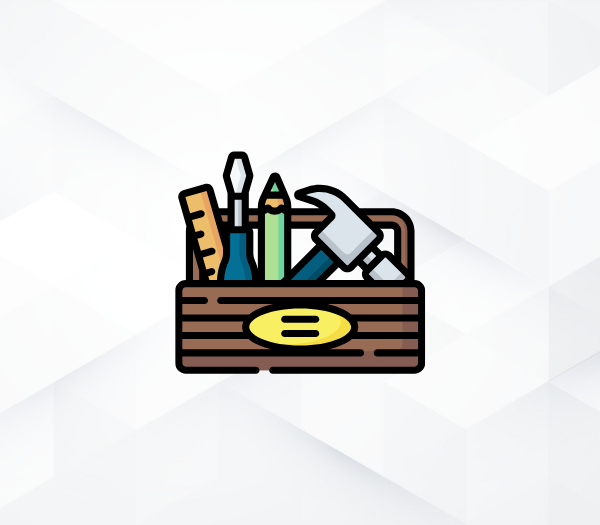
Free Tools to Help Improve Your Cyber Hygiene
Introduction
Strong cyber hygiene isn’t just about knowledge – it’s equally important to use the right tools that support safe habits in your everyday digital life. We’ve selected five practical and free online tools that can help take your cyber hygiene to the next level.
These tools help you detect if your data has been leaked, manage and generate strong passwords, identify dangerous links and websites, and improve your awareness through simple but effective exercises. Good cyber hygiene starts with small steps – and the right tools make those steps easier, safer, and more automatic.
Have I Been Pwned?
Have I Been Pwned? is a free online tool created by cybersecurity expert Troy Hunt that allows you to check if your email address, phone number, or password has appeared in any known data breaches. Regular use of the service can also help uncover old accounts that are no longer in use but might still be at risk.
The site shows whether your data has been compromised, which services were affected, and what kind of information was exposed. Simply enter your email, phone number, or password to see the result. You’ll either get a green screen (safe) or a red list of websites where your data has been found.
Explore: https://haveibeenpwned.com/
VirusTotal
VirusTotal is a popular security tool that allows users to upload and analyze suspicious files, URLs, or domains for malware or other risks. After uploading a file or pasting a link, VirusTotal scans it using multiple antivirus engines and security tools.
The resulting report shows which scanners flagged the content as dangerous and provides detailed technical information such as file hashes, behavioral indicators, user comments, history, and generated network traffic. VirusTotal is useful for checking files before opening, sharing, or downloading them.
Learn more: https://virustotal.com/
Microsoft Authenticator
Microsoft Authenticator is a free mobile app that enables secure use of multi-factor authentication (MFA) when signing in to various services. MFA adds an extra layer of protection to your accounts, helping to prevent unauthorized access even if your password is compromised.
The app supports biometric protection (fingerprint or facial recognition), preventing others from accessing it. It also supports “push” authentication for Microsoft accounts – just tap to approve logins.
Learn more: https://www.microsoft.com/en-us/security/mobile-authenticator-app
Bitwarden
Bitwarden offers a free, open-source password manager that lets you securely store and manage passwords and other sensitive information (e.g. notes, WiFi passwords) across all your devices. All data is encrypted locally on your device before it’s synced to the cloud, meaning even Bitwarden can’t see your passwords.
As an open-source solution, anyone can inspect the code, increasing transparency and trust. Bitwarden is also regularly audited by independent cybersecurity experts.
In addition to secure storage, Bitwarden offers useful features that make online life easier without compromising safety. It can generate secure, random passwords; sync your password vault across devices; and automatically fill in login forms via browser extensions. This not only improves convenience but also protects you from phishing attacks – if a login page looks familiar but the URL doesn’t match, Bitwarden won’t auto-fill your credentials.
Learn more: https://bitwarden.com/products/personal/
MyCyberHygiene
MyCyberHygiene is a free course focused on online safety and digital hygiene, tailored to the everyday user’s needs. It was developed in collaboration with professional ethical hackers who work with organizations to test and identify vulnerabilities in their IT systems. Much of the course is based on real feedback and frequently asked questions.
The course includes real-life scenarios and practical advice on how to enjoy the internet safely using simple measures. It emphasizes that secure computer use shouldn’t interfere with your lifestyle – users should still enjoy social media, games, and browsing without worry.
The goal is to share useful tips, build confidence in users, and encourage them to take action or ask for help when needed.
Take the free course: https://www.mycyberhygiene.com/
